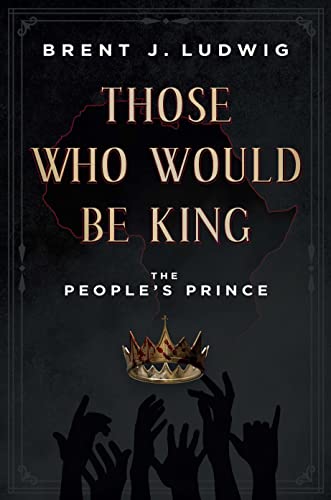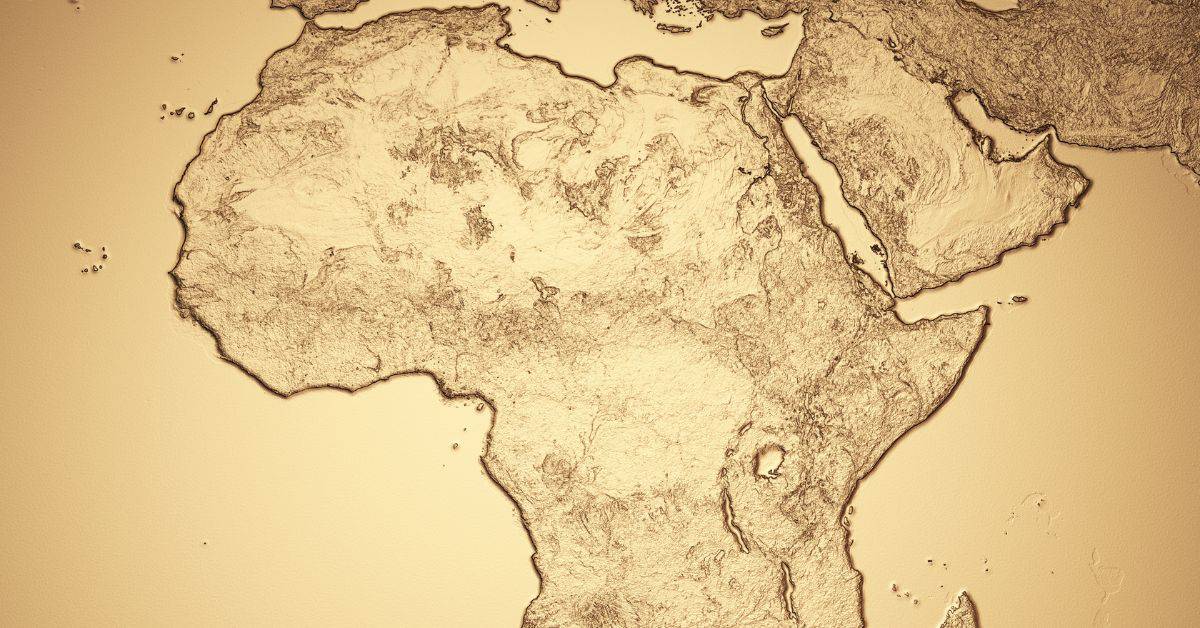Book Review: “Those Who Would Be King” by Brent J. Ludwig
Author Brent J. Ludwig tackles a plethora of themes in his novel Those Who Would Be King: The People’s Prince: deep corruption and power in politics, the tangible and intangible remnants of colonialism, and struggles for democratization in sub-Saharan Africa. This provocative novel helps readers reflect on historical and present issues that have faced third-world countries and, perhaps, recognize the complexities of post-colonialism.

Synopsis
In the fictional country of Maleziland, the world’s poorest country, King Mabanda rules in dazzling finery. Beneath the glitz, glamor, and palaces, however, lies an infested cesspool of morally questionable characters. All donations and humanitarian aid fill the king’s coffers. The Catholic Church celebrates the monarch as divinely ordained and financially enhances its leader. Mabanda’s son Mandebala treats human life as expendable, sexually assaults women, and possesses an insufferable sense of entitlement. The powers ignore the commonfolk, refusing to invest in anything for the country’s betterment.
The king meets the young Shigeku, a survivor of a border skirmish with a neighboring country, who tells a seemingly outlandish tale: he switched the king’s son with his brother in the cradle and that Mandebala isn’t a prince.
After DNA verifies Shigeku’s story, Mabanda extricates his son and heir Mateyo from the slums and brings him to the palace. Mandebala, on the other hand, is tossed out onto the dust-ridden streets like a street urchin.
After Mabanda’s death, the new king embarks on a path of enlightened rule for his people and country. Things go awry when Shigeku and Mandebala ally with the Catholic Church to overthrow the king and return to the old regime where self-serving nobles and monarchs enrich themselves at the expense of their own people. Will the insurgents succeed? Or will Mateyo rally the military to defend against this threat?
Review
Those Who Would Be King offers some insight into the world of developing countries and some of the struggles they face or have faced when trying to switch from an authoritarian regime to a democratic one. The road to democracy is never easy, but it’s an important part of world history.
The author crafts a believable world and writes with tight and descriptive prose, balancing explanations with dialogue to immerse the reader in his world. I also appreciated the varied but consistent pace where scenes of relative tranquility balance bouts of action and reveals.
Perhaps the story’s weakest point comes from the characters’ black-and-white morality. Villains are villains, heroes are heroes; there’s no middle ground or grey morality. This removes the chance for character development and occasionally lessens the surprise of twists and turns. On the other hand, this may make for a simpler reading experience to balance out the complexities of Maleziland’s politics. I prefer more nuanced characters, but it’s possible more simple character morality works well for the novel.
On the whole, Those Who Would Be King is a decent read for anyone interested in African history as well as the development of third-world countries.
Thank you to the author, the publisher, and PR by the Book for a copy of this book!
Book Summary

Title: Those Who Would Be King
Author: Brent J. Ludwig
Publisher: Green Leaf Book Group
Publication Year: 2023
Page Count: 272pp
Featured image: Map of the African continent (Getty Images/iLexx)

